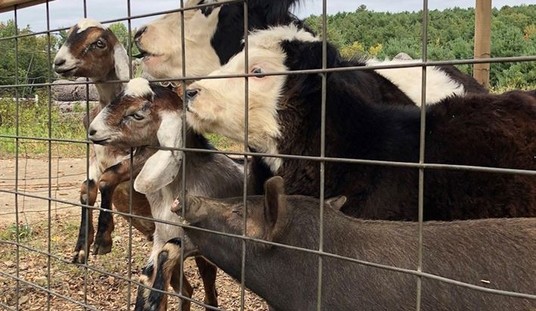There’s a very compelling piece from Reason right now that explains in detail the history of gun control and the effectiveness it’s had in America. Not surprisingly, the past gun bans have done little to limit gun-related deaths in the U.S. Not only that, politicians continue to take advantage of a fearful populace by purporting misleading statistics and assuming they won’t question the reasoning for the bans.
From Reason:
In April, the Senate rejected the Toomey-Manchin gun control proposal. In the wake of its defeat many asked why gun owners and their organizations resisted so limited a measure. Granted, it would have had little but symbolic benefit. Its core was to require background checks at gun shows (which Bureau of Justice Statistics concluded involved a whole 0.8 percent of crime guns) and on Internet gun sales (a miniscule proportion, most of which probably go through licensed dealers anyway). But why not accept something so modest, in light of the draconian ideas then being floated as alternatives?
Understanding the rejection requires understanding gun owners’ shared experiences. Compromise requires that both parties relinquish something. If your counterpart’s position is “give me this now, and I’ll take the rest later,” there is no real compromise to be had. Over decades, that has been precisely the experience of American gun owners.
As the years passed, it became apparent that this was going nowhere; a different first “slice” would have to be found. In 1990, Violence Policy Center (VPC) announced that it had found it. The debate must be switched from small handguns to large “assault rifles.”
Handguns, VPC explained, had become a media and political nonissue, while calls to outlaw “assault rifles” would benefit from mistaken impressions, i.e., “the public’s confusion over fully automatic machine guns versus semi-automatic assault weapons—anything that looks like a machine gun is assumed to be a machine gun.” That rifles of all types were involved in about 300 homicides a year was beside the point. The search was for a target of opportunity, not a solution to crime.
The major gun control organizations bought the idea, to the point of changing their names to replace “handgun” with “gun.” Pete Shields’ group, Handgun Control, Inc., became the Brady Center to Prevent Gun Violence. The National Coalition to Ban Handguns became the Coalition To Stop Gun Violence.
So much for compromise.








Join the conversation as a VIP Member